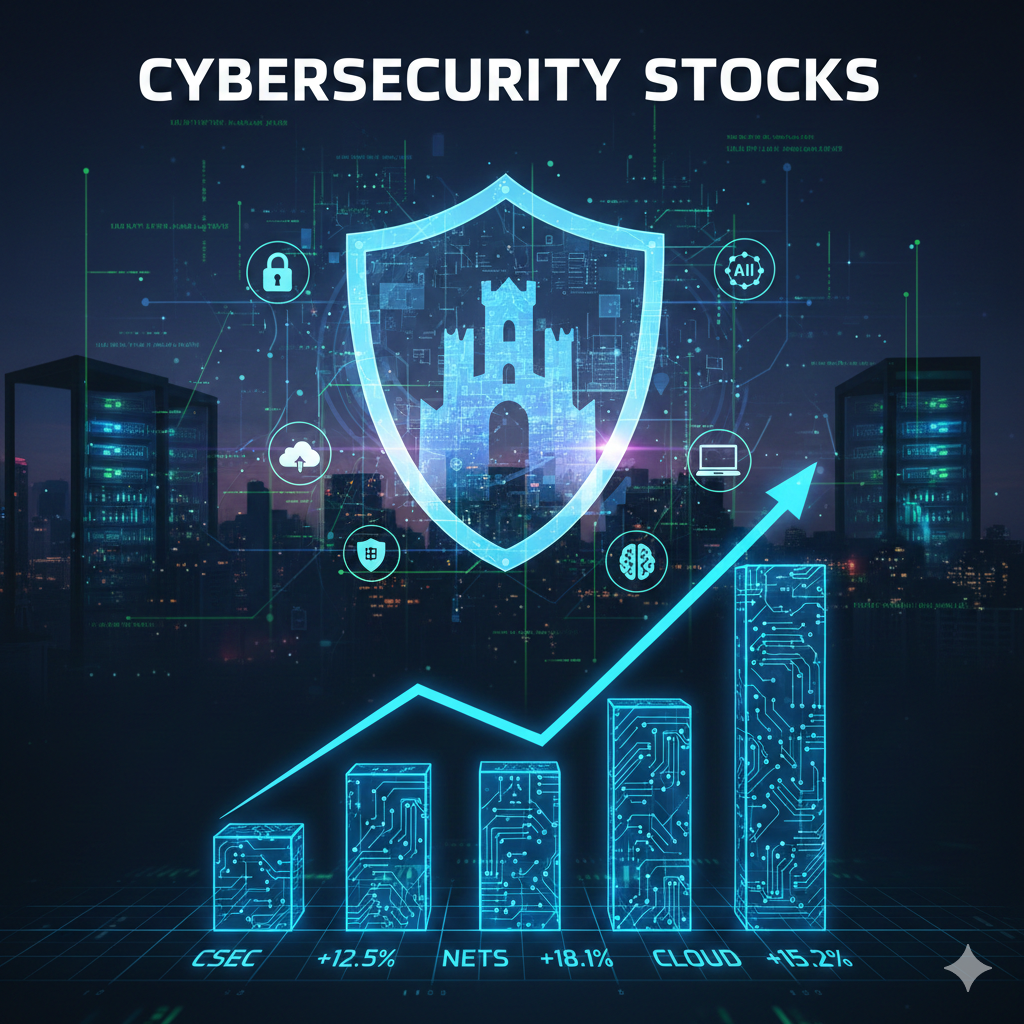 1
1 1
1
The capital’s power players are flocking to Executive Branch, a new ultra-exclusive membership club with unprecedented fees and an A-list founding roster. Here’s what we know about D.C.’s latest status symbol.
Washington has always had its exclusive corners, but nothing quite like this.
I’ve covered the D.C. social scene for years, and I have to say – the launch of Executive Branch marks a dramatic shift in how power and access operate in our nation’s capital. When I first heard about the $500,000 membership fee, I assumed it was a typo. It wasn’t.
This new private membership club, co-founded by Donald Trump Jr. alongside business partners Omeed Malik and Christopher Buskirk of 1789 Capital, has instantly become the most expensive and exclusive club in the country. And somehow, there’s already a waiting list.
As someone who’s watched countless venues come and go in D.C., I can tell you – this is unprecedented territory. Not just because of the astronomical price tag (which dwarfs even New York’s ultra-luxury Aman Club at $200,000), but because of what it represents: a new, highly controlled nexus of political and business power.
The founding team itself reads like a who’s who of connected players:
The founding membership roster is equally impressive, including tech and crypto heavyweights like:
This isn’t just a social club – it’s a carefully curated network of political insiders and financial power players.
The club’s launch party this past Saturday was essentially a who’s who of the current administration and business elite. Think of it as a debutante ball for what might become the most influential address in Washington.
Attendees included an impressive array of administration officials:
Did you notice something? That’s nearly a cabinet’s worth of high-ranking officials all gathering in one private venue.
Tech leaders weren’t missing out either, with figures like AppLovin CEO Adam Foroughi in attendance. This blend of government officials and business leaders under one roof is precisely what makes Executive Branch so intriguing – and potentially influential.
While the exact address remains closely guarded, sources confirm Executive Branch will open its doors within the next month somewhere in Georgetown – one of D.C.’s most historic and affluent neighborhoods.
But don’t expect to stroll in with a fat checkbook. According to insiders familiar with the club’s operations, membership requires more than just the eye-watering $500,000 fee (plus yet-to-be-disclosed annual dues). You’ll need a personal referral and must pass a rigorous vetting process overseen by the founders themselves.
“We don’t want members of the media or just a lot of lobbyists joining,” one source close to the club told me. “We want people to feel comfortable having conversations in privacy.”
That last part – about privacy – might be the most valuable commodity Executive Branch is selling. In Washington, where every coffee shop conversation might be overheard and reported, a truly secure space for candid discussions between powerful figures is worth its weight in gold.
I’ve heard rumors that some prospective members have offered up to $1 million just to join – but were turned away because they didn’t meet the club’s selective criteria. Money alone, it seems, cannot buy access to this particular establishment.
To understand Executive Branch in context, we need to look at the broader trend of exclusive membership clubs that have proliferated since the pandemic.
Cities like New York, Miami, and Los Angeles have seen a wave of high-end membership venues opening in recent years. Most charge between $4,000 and $10,000 annually, offering members access to exclusive restaurants, bars, meeting spaces, gyms, and spas.
But Executive Branch exists in an entirely different stratosphere, not just in terms of price but exclusivity. While clubs like Zero Bond, Core Club, ZZ’s, and Casa Cipriani in New York boast large memberships, Executive Branch appears to be deliberately limiting its roster to a select few.
For those who’ve been in Washington long enough, there’s an obvious comparison: the Trump International Hotel that occupied the Old Post Office building during the first Trump administration.
That property quickly became the go-to spot for administration officials, Republican leaders, foreign dignitaries, lobbyists, and business figures hoping to rub shoulders with the powerful. It became both a social hub and a lightning rod for ethics concerns before the Trump Organization ultimately sold the lease in 2022.
Could Executive Branch fill that same niche in Washington’s political ecosystem? It certainly seems positioned to do so, though with some key differences. Unlike the hotel, which was technically open to anyone who could afford a room or a drink at the bar, Executive Branch’s extreme exclusivity means far fewer eyes will be watching who comes and goes.
Let’s address the elephant in the room: a private club co-founded by the president’s son, charging half a million dollars for access, and already frequented by top administration officials raises obvious ethical questions.
While there’s nothing inherently illegal about private clubs catering to political and business elites (they’ve existed in various forms for centuries), the concentration of administrative power in one venue owned in part by the president’s family presents potential concerns about access and influence.
The strict membership vetting, with its explicit desire to keep out media members, also means that whatever networking and dealmaking occurs within these walls will remain largely shielded from public view.
I’ve reached out to multiple ethics experts on this matter, and hope to follow up with their perspectives in a future piece. For now, I’ll simply note that the dynamics at play here merit careful consideration.
As Executive Branch prepares to open its doors, one thing is clear: Washington’s social and power structure is being redrawn.
For decades, certain restaurants, hotels, and private homes have served as unofficial gathering places for the capital’s elite. But never has there been such an explicitly exclusive – and expensive – venue designed specifically to bring together administration officials and ultra-wealthy business leaders.
Will it change how influence works in Washington? That remains to be seen. But at the very least, it creates a new inner circle within the already rarified air of D.C. power brokers.
For those of us observing from the outside, Executive Branch represents a fascinating case study in how wealth, power, and access intersect in modern America. And for those on the inside? Well, I guess that’s what $500,000 buys you – the chance to find out.
Executive Branch isn’t just another private club – it’s potentially a new power center in American politics and business. With its unprecedented fee structure, carefully selected membership, and direct connections to the highest levels of government, it represents something novel in Washington’s landscape.
Whether you view this development as concerning or simply inevitable in our current political climate probably depends on your perspective. What’s undeniable is that Executive Branch has instantly positioned itself as the most exclusive address in a city built on exclusivity and access.
Have thoughts about private clubs and their role in politics? Or insights into how venues like this shape policy discussions? I’d love to hear from you in the comments below, or reach out directly if you have information about Executive Branch or similar establishments reshaping Washington’s social scene.
Source: https://www.cnbc.com/2025/04/28/donald-trump-jr-private-members-club-executive-branch.html